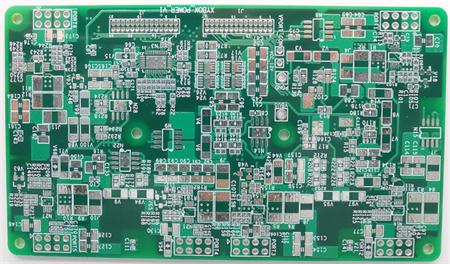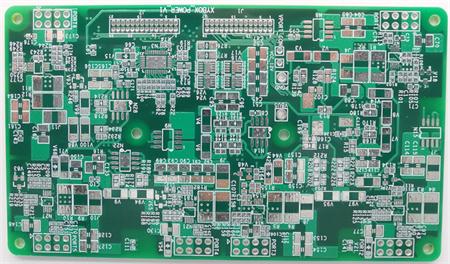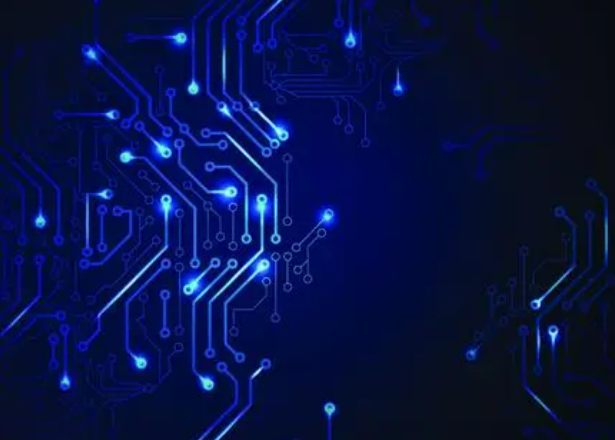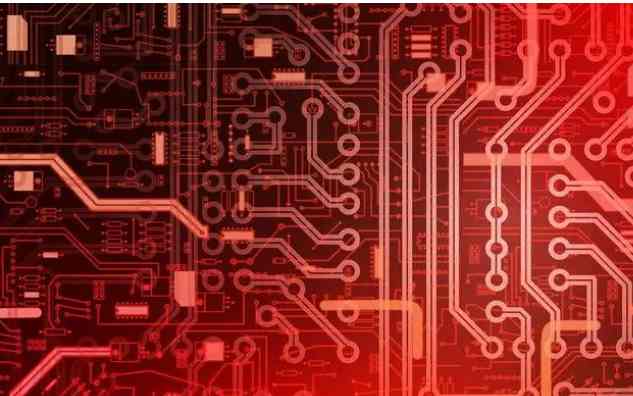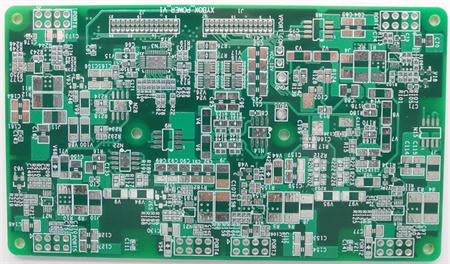
The three proofing paint is a kind of paint with special formula, which is used to protect the circuit board and its related equipment from the corrosion of bad environment. Three proofing paint has good high and low temperature resistance; After curing, it forms a transparent protective film, which can protect the circuit from damage under conditions such as chemical substances (such as fuel, coolant, etc.), vibration, moisture, salt spray, humidity and high temperature. Under these conditions, the circuit board may be corroded, mildewed and short circuited. It has excellent insulation, moisture-proof, anti leakage, dust-proof, anti-corrosion, anti-aging, anti mildew, anti loose parts, insulation and corona resistance.
Moisture is the most common and destructive factor to PCB. Excessive moisture will greatly reduce the insulation resistance between conductors, accelerate high-speed decomposition, reduce Q value, and corrode conductors. We often see that the patina on the metal part of PCB is caused by the chemical reaction of the metal copper with water vapor and oxygen, which is not coated with three proofing paint.
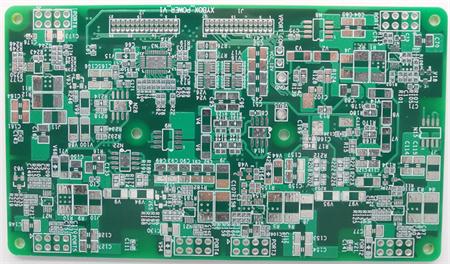
Applying the three proofing paint on the printed circuit board and components can reduce or eliminate the deterioration of electronic operating performance when it may be affected by adverse factors of the operating environment. If the coating paint can maintain its function for a satisfactory period of time, such as longer than the service life of the product, it can be regarded as having achieved its application purpose.
Acrylic three proof paint is flexible and provides comprehensive protection. As it is a single component system, it is characterized by good adhesion, simple operation, low requirements for equipment and conditions, convenient construction, high transparency, high brightness, short operation period, etc., so it is easy to use and remove. Some acrylic products meet the military standards. They dry quickly without drying, and can be removed with supporting organic solvents. Therefore, this kind of three proofing paint for circuit boards is one of the most widely used and effective products in the market.
The toxicity of the three proof paint depends on the type of thinner and solvent used. If toluene and xylene are used as thinner for the three proof paint, this chemical is harmful to human health. If lipids and alcohols are used, the harm is small. Xylene is of medium toxicity, and it is irritating to eyes and upper respiratory tract. At high concentration, it has anesthetic effect on central system.
Although there are many so-called environment-friendly three proofing paints on the market, it is still necessary for us to take protective measures in actual use, such as wearing gas masks.
1. Brush coating - it is widely used and can produce excellent coating effect on smooth surface.
2. Spraying - the use of spray can type products can be easily applied to maintenance and small-scale production. The spray gun is suitable for large-scale production, but these two spraying methods have high requirements for the accuracy of operation, and may produce shadows (where the lower part of the components is not covered with three proofing paint).
3. Automatic dip coating - dip coating can ensure complete film covering without causing material waste due to overspray.
4. Selective coating - coating is accurate and does not waste materials. It is suitable for coating in large quantities, but has high requirements for coating equipment. It is most suitable for film covering in large quantities. Use a prepared XY table to reduce the masking. When PCB boards are painted, many connectors need not be painted. The adhesive tape is stuck too slowly and there is too much adhesive left when tearing. It can be considered to make a combined cover according to the shape, size and position of the connector and use the mounting hole for positioning. Cover the areas not to be painted.
1. Clean and dry the board to remove moisture and moisture. The dust, moisture and oil stain on the surface of the object to be coated must be removed first, so as to give full play to its protective effect. Thorough cleaning can ensure that the corrosive residues are completely removed and the three proofing paint is well adhered to the surface of the circuit board. Drying plate condition: 60 ° C, 10-20 minutes, after taking it out in the oven, the coating effect is better when it is hot;
2. The brushing method shall be used for coating, and the brushing area shall be larger than the area of the device to ensure that all devices and pads are covered;
3. The plate shall be laid flat as far as possible during brushing, and there shall be no dew after brushing. The brushing shall be smooth, and there shall be no exposed part, which is better between 0.1-0.3mm.
4. Before brushing and spraying, ensure that the diluted product is fully stirred, and place it for 2 hours before brushing or spraying. Use a high-quality natural fiber brush to gently brush and dip at room temperature. If a machine is used, the viscosity of the coating shall be measured (with a viscosity agent or flow cup), and the viscosity can be adjusted with a thinner.
5. The circuit board assembly shall be vertically immersed in the paint bath. Do not immerse the connector. Unless carefully covered, the circuit board should be immersed for 1 minute until the bubble disappears, and then slowly take it out. A uniform film will be formed on the surface of the circuit board. Most of the coating residues should be allowed to flow back from the circuit board to the immersion machine. TFCF has different coating requirements. The immersion speed of circuit boards or components should not be too fast to avoid excessive bubbles.
6. If there is skin on the surface after dip coating, remove the skin and continue to use.
7. After brushing, place it flat on the support to prepare for curing. Heating is required to accelerate the curing of the coating. If the coating surface is uneven or contains bubbles, it shall be cured in a high temperature furnace for more time at room temperature to allow the solvent to flash out.
1. If a thicker coating is desired, it is better to obtain it by applying two thinner coats - and it is required that the second coat be allowed to be applied only after the first coat has completely dried.
2. When coating PCB, generally connectors, software sockets, switches, radiators, heat dissipation areas, plug-in areas, etc. are not allowed to have coating materials, and it is recommended to use tear proof solder mask to cover them.
3. Film thickness: The film thickness depends on the application method. The addition of thinner is large, the viscosity of glue is low, and the thickness of glue is thin; On the contrary, the viscosity of glue is high and the thickness of glue is thick.
4. All painting operations shall be carried out at a temperature of not less than 16 ℃ and a relative humidity of less than 75%. PCB will absorb moisture as a composite material. If the moisture is not removed, the three proofing paint cannot fully protect. Pre drying and vacuum drying can remove most of the moisture.
If the coated components are repaired, the components can be removed by directly contacting the coating with the soldering iron. After installing new components, the area shall be cleaned with a brush or solvent, dried, and coated again.


